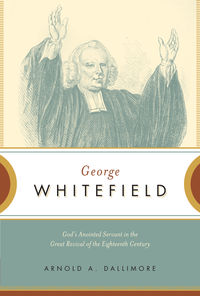Two Mistakes about Sin (1 John 1:8-10)
When it comes to the issue of ongoing sin in the life of the believer, Christians often make one of two mistakes: either they claim an easy victory over sin or they concede an early defeat to it. A careful reading of 1 John 1:8-10 is the cure for both mistakes. In the history of Christian theology, people who claim an easy victory over sin have come to be known as perfectionists. They believe that God’s Word and Spirit are so powerfully at work in the life of the believer that he or she can attain sinlessness in this life. … Continue reading Two Mistakes about Sin (1 John 1:8-10)


